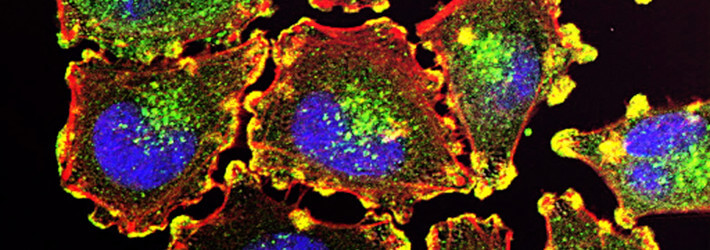On October 22, 2024, the Federal Circuit (CAFC Case No. 24-2351) denied Regeneron’s request for an injunction pending appeal for Amgen’s EYLEA® (aflibercept) biosimilar Pavblu™ (aflibercept-ayyh), concluding that “Regeneron has not established that an injunction pending appeal is warranted.” The appeal concerns the District Court’s (Case No. 1:24-cv-00039 (N.D.W. Va.) / 1-24-md-2103 (N.D.W. Va.)) September 2024 denial of a preliminary injunction against Pavblu™. The CAFC is expediting the appeal, with briefing due in November and an oral argument in January 2025.
With the temporary injunction previously issued while the CAFC was considering the motion lifted, Amgen is preparing an at-risk launch of Pavblu™, which would make it the first EYLEA® biosimilar to be marketed in the U.S. Other biosimilars by Samsung Bioepis (Opuviz™ (aflibercept-yszy)), Formycon (Ahzantive® (aflibercept-mrbb)), and Celltrion (CT-P42 (aflibercept)) have been temporarily enjoined from launching (previously reported Preliminary Injunctions Issued Preventing Launch of EYLEA® Biosimilars), and Biocon and Mylan’s Yesafili™ (aflibercept-jbvf) has been permanently enjoined (previously reported Permanent Injunction Issued Preventing Launch of EYLEA® Biosimilar Yesafili™).
Earlier in October, the District Court issued a redacted version of its September 23, 2024 opinion denying Regeneron’s motion for a preliminary injunction against Pavblu™. The motion was denied for a lack of reasonable success on the merits, because Amgen had raised a substantial question of noninfringement. In its opinion, the Court explained that Pavblu™, unlike the other biosimilars for which preliminary injunctions were granted, did not contain a separate buffer in its formulation, as required by the 11,084,865 patent claims.
The central dispute was whether the Asserted Claims required that the “VEGF antagonist” (aflibercept) and the “buffer” be separate and distinct components of the claimed formulation. Amgen proposed that the Asserted Claims require that the claimed “VEGF antagonist” and the claimed “buffer” be separate components. Regeneron argued that the VEGF antagonist can also satisfy the limitation of the claimed buffer.
The Court agreed with Amgen because the claims separately list “a VEGF antagonist” and “a buffer,” giving rise to a presumption that they are separate and distinct components of the claimed formulation (see Becton, Dickinson & Co. v. Tyco Healthcare Grp., LP, 616 F.3d 1249, 1254 (Fed. Cir. 2010), “[w]here a claim lists elements separately, the clear implication of the claim language is that those elements are distinct components of the patented invention.”). Regeneron was not able to overcome the presumption of separateness, as the claim language and specification further supported that the “VEGF antagonist” and “buffer” are separate components, and the extrinsic evidence also did not support Regeneron’s construction. It further found Regeneron’s arguments to conflict with arguments it made in its case against Mylan (No. 1:22-cv-00061 (N.D.W. Va.) / MDL 1:24-md-03103 (N.D.W. Va.)).
The Court held that because there was no dispute that Pavblu™ does not contain a separate buffer, Amgen raised a substantial question of noninfringement, which outweighs all the other factors in considering whether to issue a preliminary injunction (see Metalcraft of Mayville, Inc. v. The Toro Co., 848 F.3d 1358, 1364 (Fed. Cir. 2017)).
Regeneron reported EYLEA® sales of $5.72 billion in 2023.
For more information about these and other biosimilar patent disputes, please visit BiologicsHQ.
_____________________________________________________
The author would like to thank April Breyer Menon for her contributions to this article.


